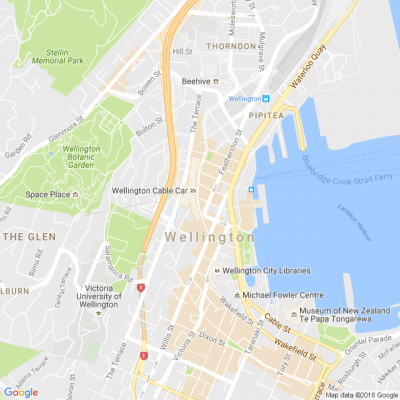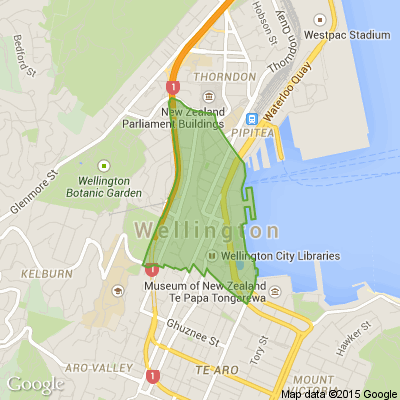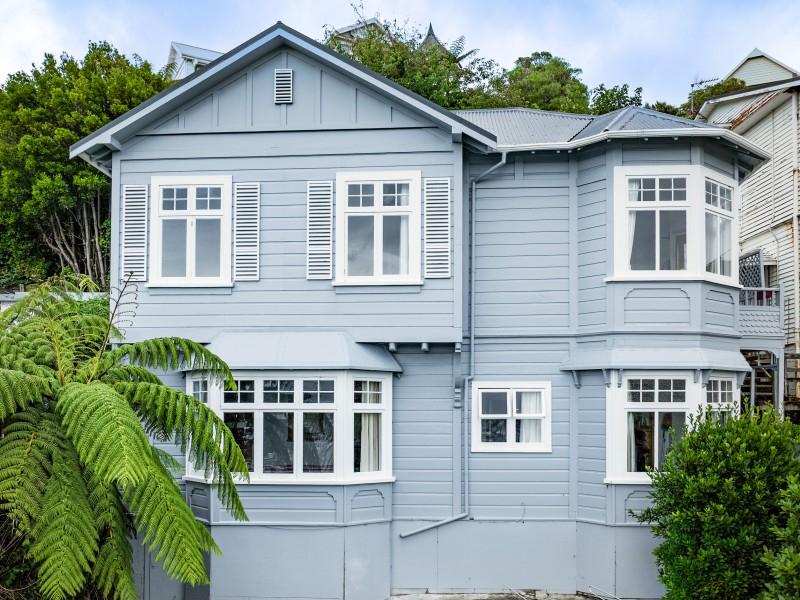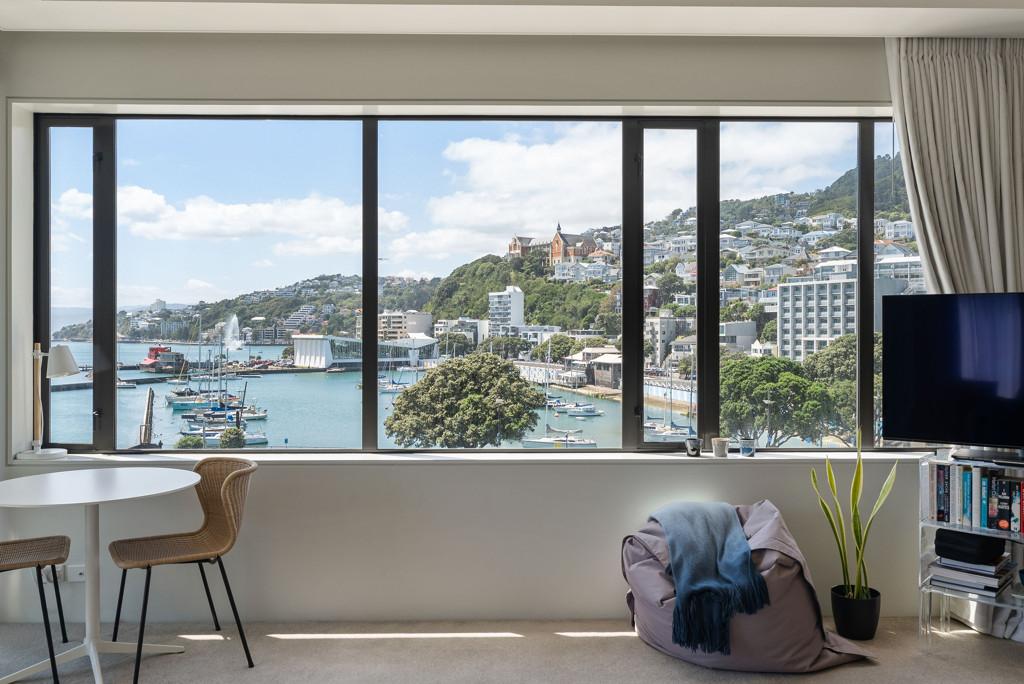Friends of Karori Cemetery: Wellington Heritage Week
As we are about to embark on Wellington Heritage Week, we thought to fitting to pay tribute to George Wiltshire, designer of the Friends’ H.Q: The Shelter
If you like this story, then you will definitely enjoy our first tour on Monday: “Nation Builders” and on Thursday we have our "City Builders" tour. Tickets are still available. Please visit the Events page on our website to book: friendsofkaroricemetery.co.nz...
And now for George. He was born in Surrey in 1846. He attended grammar school and then trained as a Civil Engineer in London. George worked in various places in England between 1865 and 1870 before coming to New Zealand and undertaking survey work in the goldfields. Eventually he settled in Wellington and joined the City Council working under the City Surveyor Mr Marchant at a time when the Wainuiomata Waterworks was being undertaken with a pipeline connection to Wellington. He was then was promoted to Assistant Surveyor. In 1875 he married Caroline Hansen, a Norwegian immigrant. Together they had four children.
In 1888 George was promoted to City Surveyor with a salary of £275. One of his first actions was to set the new city Destructor in operation. The first step was to set up collection of household refuse. Imagine the novelty! Also in 1888, William Ferguson (Harbour Engineer) suggested that the City Destructor be augmented for cremations also. This would avoid the “mass of putridity” which existed at the Bolton Street cemetery. It would be another 17 years until our Crematorium opened at Karori.
In July 1891, George along with William Ferguson decided from the 23 designs for the new public library.
In August the same year, the first burial took place at Karori Cemetery. No further burials would take place for another six months. In the meantime, George designed and tendered a “shelter house” for the Cemetery in anticipation of the mourners yet to come. It was designed in the Gothic revival style, in a Greek Cross plan as an open sided structure. The builder was Samuel Hemingway. In 1892 the walls and door were added to ensure it provided true shelter from the forbidding Wellington weather. Occasionally parts of funeral services were held in the Shelter to limit mourners to exposure to the elements at graveside.
In 1897 the Evening Post reported “an annual growl is made by the City Surveyor (Mr. G. Wiltshire) as to the paucity of funds placed at his disposal for keeping the streets of the city in that state of repair required by citizens” (2 June 1897).
In 1902 George retired from his role at WCC. On his departure, he was presented with a “gold-mounted malacca cane, a pair of field glasses, a case of pipes and a pair of gold sleeve links”. He remarked that the present of a walking stick was a tolerable hint, and that he was sorry he had to take the hint and the stick. He then set up in practice for himself in offices in Brandon Street.
The following year he was elected a City Councillor for the Wellington Ward.
George died suddenly in 1905 whilst transacting some business at the office of Messrs Meek and Von Haast, solicitors. One of his sons was present. A doctor was called but nothing could be done. An inquest determined that he had died of “aortic disease”. At his passing, WCC acknowledges his efforts “his zeal and attention to detail, and his technical knowledge of the work, as well as his extensive experience under the Council, rendered him of great value to the city” (NZ Time 11 August 1908).
George leaves us quite a legacy with his contribution to the formation of our early city, and one that we are proud to celebrate.
#wellingtonheritageweek #WCCArchives #WHW2022
Trusted Painters for Every Home
Hi neighbours!
At Graham’s Painters we bring 40+ years of experience, a friendly team of over 20+ full-time professionals, and a “get-it-done” attitude to every job big or small.
We specialise in interior/exterior painting, roof painting, house washing, decking, fencing, wallpapering, and cedar weatherboards. We’re tidy, punctual, and perfect for busy families, non-DIYers, and retirees.
Discounts available for SuperGold Card holders
Serving all of Wellington, Hutt Valley & up to Plimmerton.
Message us today for a free quote, we’d love to help bring your home to life!

Poll: 🤖 What skills do you think give a CV the ultimate edge in a robot-filled workplace?
The Reserve Bank has shared some pretty blunt advice: there’s no such thing as a “safe” job anymore 🛟😑
Robots are stepping into repetitive roles in factories, plants and warehouses. AI is taking care of the admin tasks that once filled many mid-level office jobs.
We want to know: As the world evolves, what skills do you think give a CV the ultimate edge in a robot-filled workplace?
Want to read more? The Press has you covered!

-
58.5% Human-centred experience and communication
-
13.1% Critical thinking
-
25.7% Resilience and adaptability
-
2.7% Other - I will share below!
Brain Teaser of the Day 🧠✨ Can You Solve It? 🤔💬
Make a hearty dish. Take just half a minute. Add four parts of kestrel. Then just add one. What have you made?
(Trev from Silverdale kindly provided this head-scratcher ... thanks, Trev!)
Do you think you know the answer? Simply 'Like' this post and we'll post the answer in the comments below at 2pm on the day!
Want to stop seeing these in your newsfeed? No worries! Simply head here and click once on the Following button.









 Loading…
Loading…









